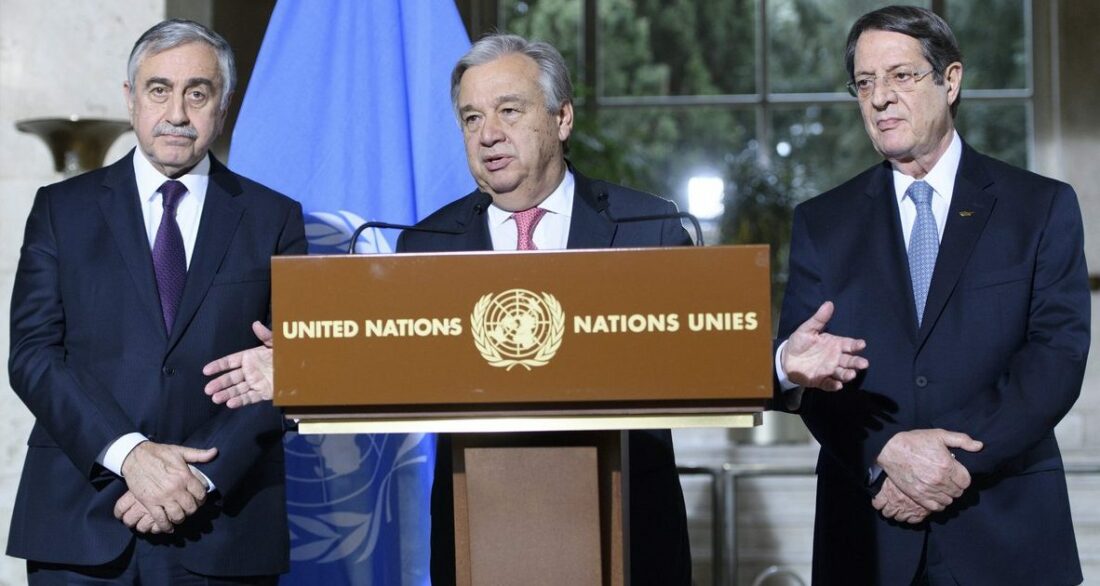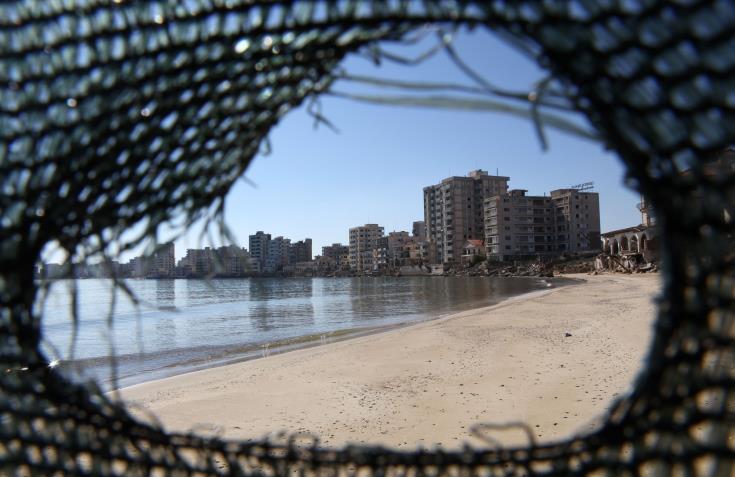
President’s patriotic duty to clearly state that he too is ready to return to the negotiations in the way the UNSG sets out
AKEL C.C. Press Office, 2 May 2018, Nicosia
After two days of contradictions and regressions, it is positive that the President of the Republic in his written statement, which was released following the Turkish Cypriot leader’s recent statements about accepting the UN Secretary-Genera’s framework, gives a positive response to the appointment of an Adviser of the UN Secretary-General with the objective of exploring the resumption of negotiations.
At the same time, however, we identify a substantial fault in Mr. Anastasiades’ statement. While Mr. Akinci’s statement in essence amounts to an acceptance of the resumption of the procedure in the way the UN Secretary-General outlines in his Report submitted last September, the President of the Republic avoids expressing a position on whether he is prepared to do the same.
Even worse, while the Framework includes six key issues as a package, Mr. Anastasiades in a selective way calls on Mr. Akinci to clarify whether he accepts the provisions of the Framework that refer to the issues of Security-Guarantees-Troops. Of course, he ignores the fact that Mr. Akinci has declared his overall acceptance of the Framework and therefore of its provisions which, as the President himself concludes, abolish the guarantees and rights of intervention, and refer to a withdrawal of the occupying troops.
With such approaches and evasions, it is extremely doubtful whether the goal of resuming the negotiating procedure will be achieved. We recall that after the Crans Montana conference, the UN Secretary-General praised Turkey for its stand on the issue of Security and Guarantees and assigned the responsibility for the breakdown on the two leaders. If Mr. Anastasiades continues not to respond positively to Akinci’s statement, the result will be that the Turkish Cypriot side will be exonerated as well, with the overall responsibilities to be now apportioned solely on the Greek Cypriot leader.
And of course, if there are questions about the stand of Turkey and the Turkish Cypriot side, these can only be answered at the negotiating table. If it is demonstrated that Mr. Akinci does not mean what he declares, he himself and Turkey will bear the responsibility.
Finally, we consider that Mr. Anastasiades has the patriotic duty to clearly state that he too is ready to return to the negotiations in the way that the UN Secretary-General sets out. We do not know whether he is afraid of any political cost, but what he really needs to fear is the cost of a definitive partition.




